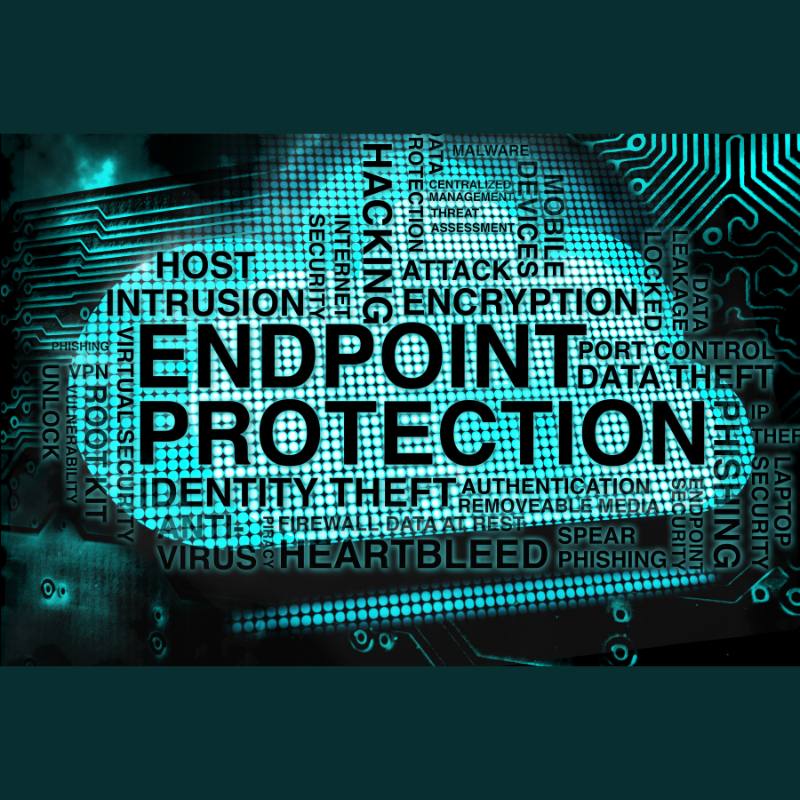
The Rise of Remote Work: A Double-Edged Sword
The COVID-19 pandemic has fundamentally changed the way we work, with remote work becoming a standard practice for many organizations. While this shift has provided numerous benefits, such as increased flexibility and decreased overhead costs, it also presents significant security challenges. The dispersion of the workforce means that sensitive company data is now being accessed from a multitude of locations, each with varying levels of security.
This new landscape has left businesses more vulnerable to cyber attacks, making robust endpoint security solutions not just a luxury but a necessity. Companies must address these challenges proactively to protect their data, employees, and clients.
Understanding Endpoint Security: The First Line of Defense
Endpoint security refers to the protection of individual devices that connect to a network, such as laptops, smartphones, and tablets. These endpoints are often the most vulnerable points in a network, making them prime targets for cybercriminals. Effective endpoint security solutions act as a critical first line of defense against a range of cyber threats.
By implementing comprehensive endpoint security measures, businesses can ensure that their remote workforce operates in a secure environment, regardless of where they are located. This includes using antivirus software, firewalls, and other security protocols to safeguard each device.
Key Features of Effective Endpoint Security Solutions
Effective endpoint security solutions should include several key features to provide comprehensive protection. These features include, but are not limited to, real-time threat detection and response, encryption of sensitive data, and regular security updates to address new vulnerabilities.
Additionally, solutions that offer centralized management capabilities allow IT teams to monitor and control all endpoints from a single interface. This ensures consistency in security policies and quick identification of potential threats.
Common Threats Targeting Remote Workers
Remote workers are particularly vulnerable to specific types of cyber threats. Phishing attacks, where malicious actors attempt to trick employees into revealing sensitive information, are especially prevalent. Malware, ransomware, and unsecured Wi-Fi networks also pose significant risks.
Understanding these common threats is the first step in mitigating them. Training employees to recognize and respond to potential attacks can significantly reduce the risk of a security breach.
Why Professional Services Are Essential for Robust Endpoint Security
While there are many endpoint security solutions available, implementing them effectively requires a high level of expertise. This is where professional services like those offered by 10X Consulting Group come into play. Our team of experts can assess your current security posture, recommend the best solutions for your specific needs, and ensure that they are implemented correctly.
Professional services also offer ongoing support and monitoring, helping to identify and address new threats as they emerge. By partnering with 10X Consulting Group, businesses can achieve a robust security framework that protects their remote and hybrid workforce.
Conclusion
As remote work continues to be a significant part of the modern work environment, ensuring that your digital infrastructure is secure is more important than ever. Robust endpoint security solutions are essential in protecting your remote workforce from a variety of cyber threats.
Professional services, such as those provided by 10X Consulting Group, can help you implement and maintain these solutions effectively. With the right security measures in place, businesses can enjoy the benefits of remote work while minimizing the associated risks.
